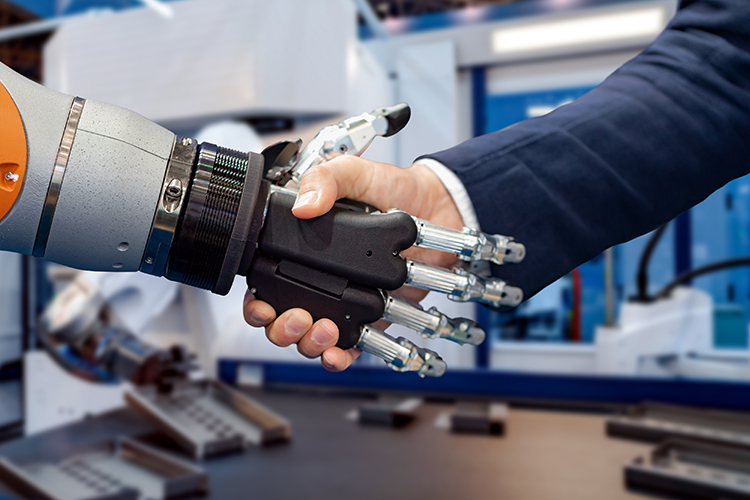Artificial intelligence (AI), machine learning (ML), and robots are technologies that are taking center stage across industries, especially in industries such as manufacturing, retail, customer service, and agriculture. The accounting industry is no exception.
Experts predict that as many as 800 million jobs could be replaced with AI by 2030. Traditionally, it was blue collar workers that were concerned about what this meant for their job security, but white collar workers like accountants are now expressing concern that technology could render their positions obsolete.
While automation certainly has gained momentum in accounting, specifically in up and coming cloud-based software solutions, it is meant to make accountants’ jobs easier–not render their jobs null and void.
AI was already a fixture in accounting for the past several years, especially in tax preparation, payroll, and auditing. It is seen in repetitive, mundane tasks that used to eat hours of accountants’ time, freeing them up now to focus on strategy and analysis.
There will always be a need for a human element, especially where strategic and advisory services are concerned. While automation is taking over on tasks that were previously extremely time consuming, it’s also enhancing the integrity of the data. Automation means fewer manual errors and more data consistency. It’s actually a boon for accountants, helping them to do their job faster, easier, and with more confidence.
Remaining competitive in a field that is no doubt changing due to advancing technologies means embracing the change. Embrace the new tools and become an expert in the software options clients have. The better equipped an accountant is to help a client integrate and utilize AI, the more trusted they will be, and the more invaluable their services.
Getting more involved in the IT side of accounting will give new grads a leg up in the job hunt. Many universities are already incorporating coursework in IT and database management in their accounting programs. Continuing education and workshops are also available for seasoned accountants.
The right software will ease you through the technological transition
Flexi is trusted by world-leading brands. Flexi powers nearly 1,500 customer sites in dozens of industries, with 20,000+ users to date processing billions of transactions securely and in real-time.
Submit your information and get a demo of the Flexi suite today to see how the right software can use automation and AI to your advantage.





